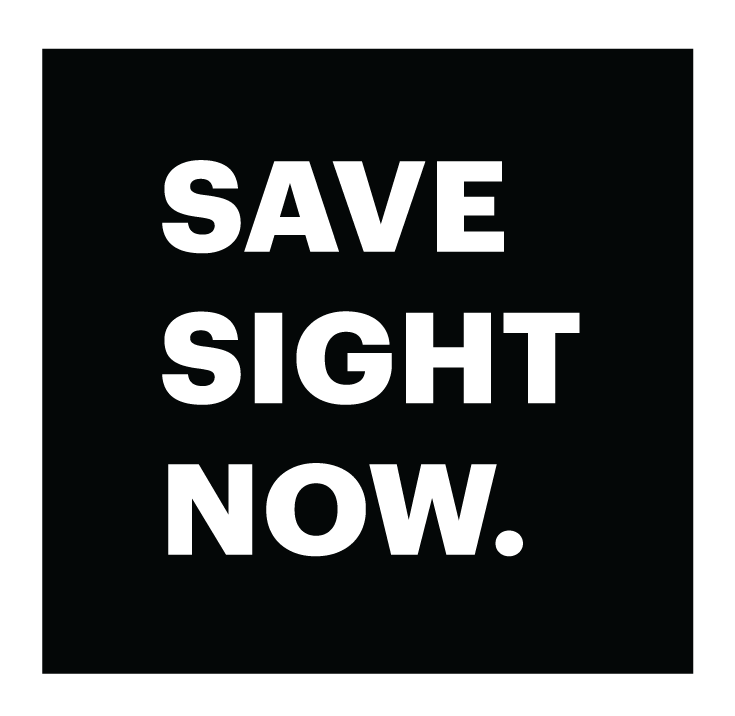Important UNIRARE Study Now Enrolling
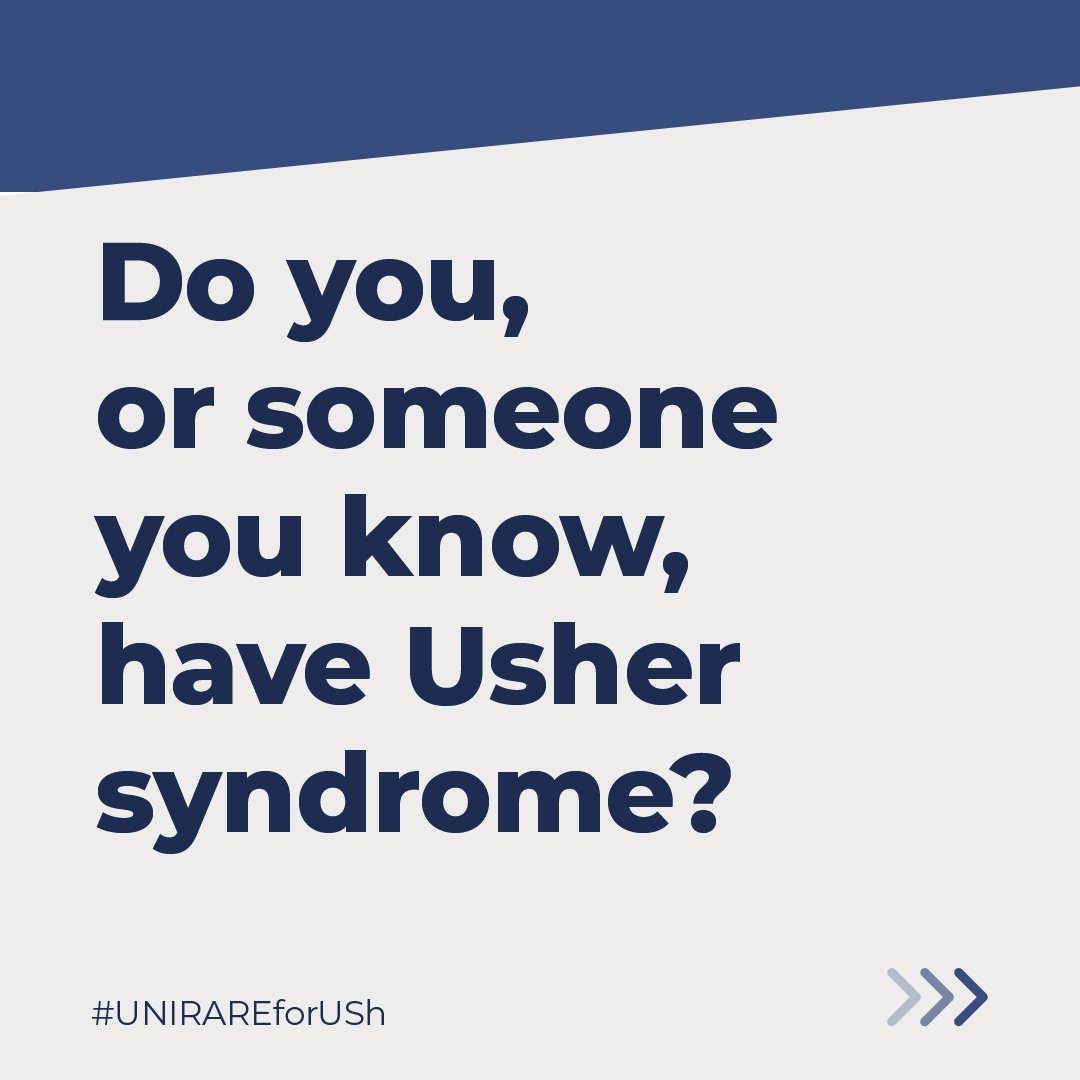
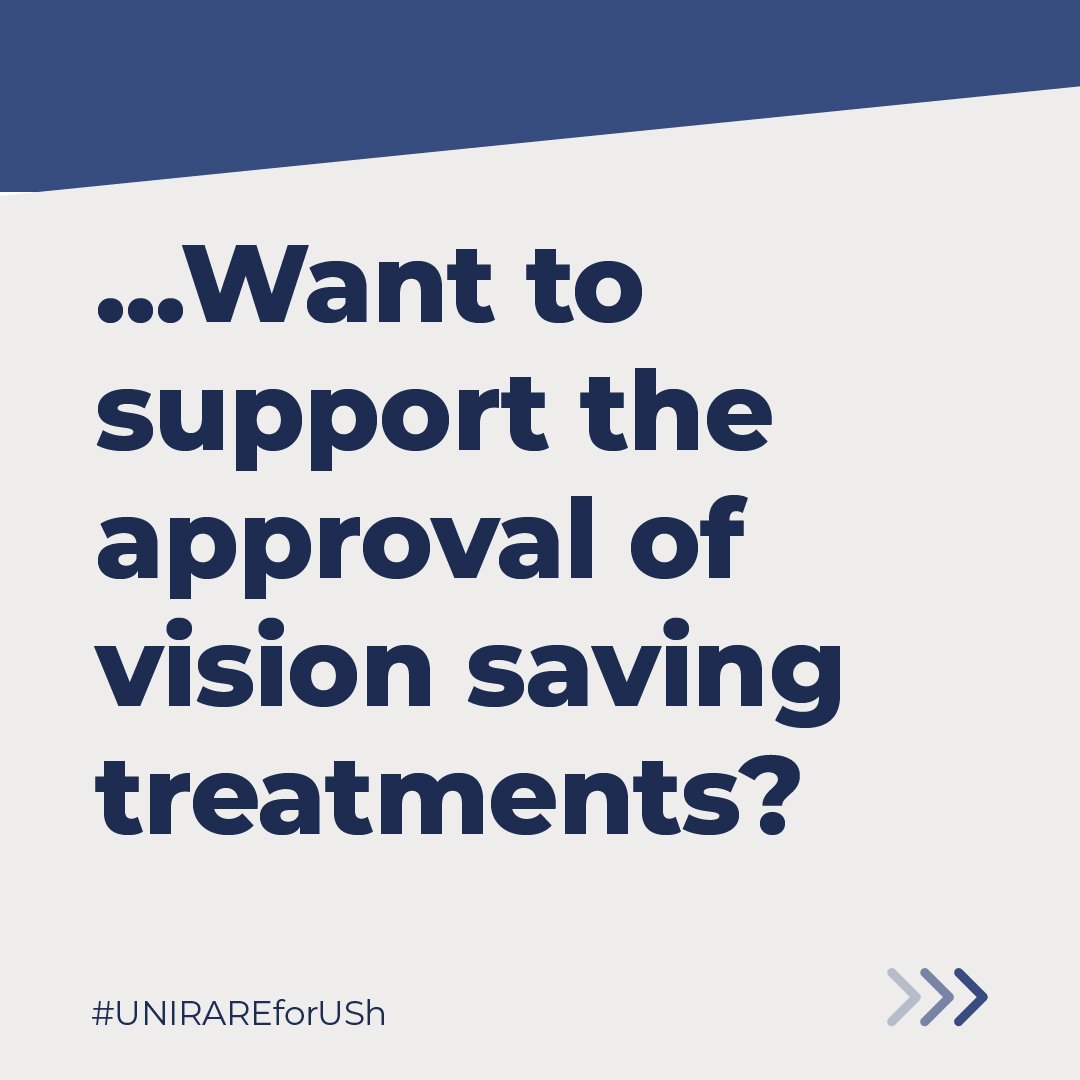
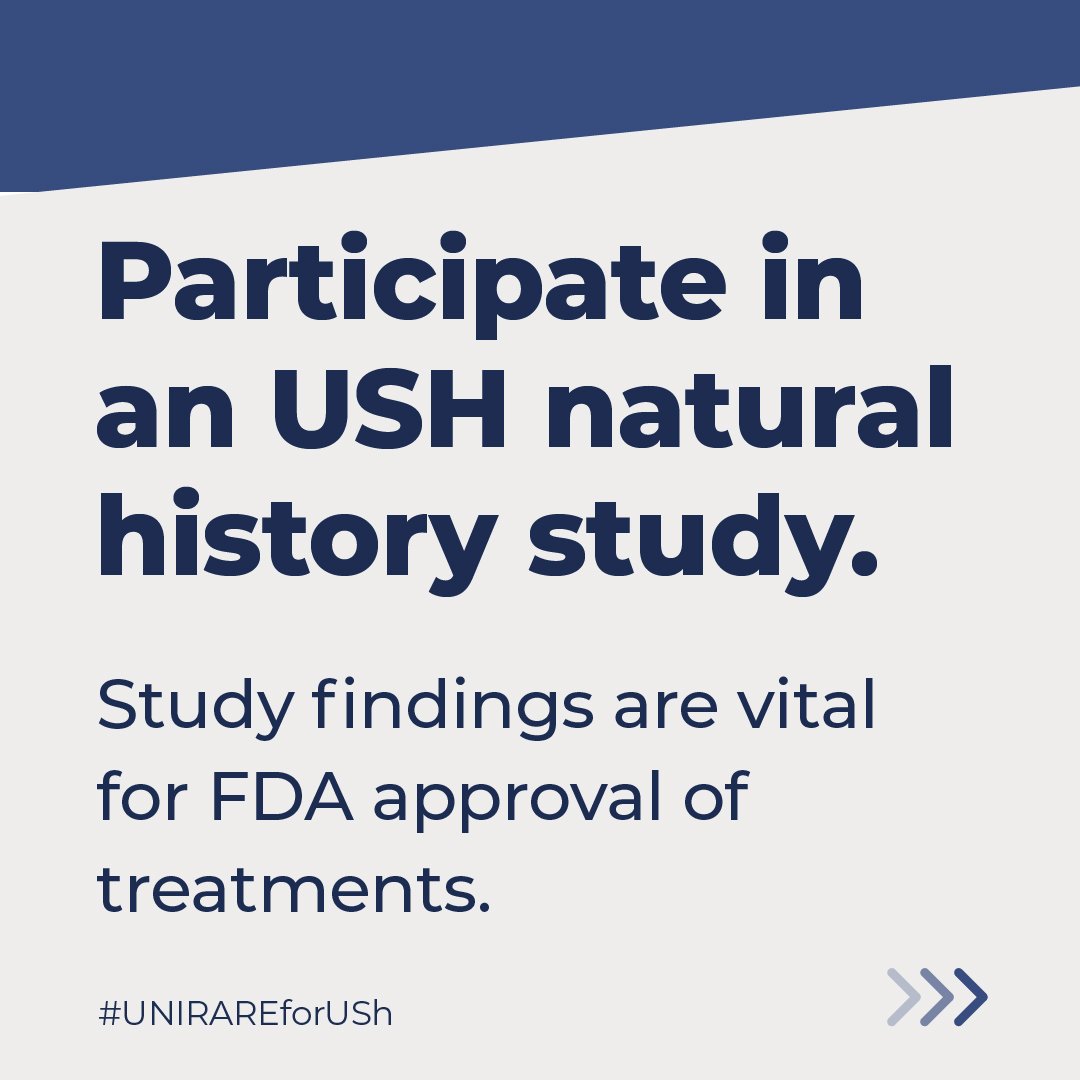
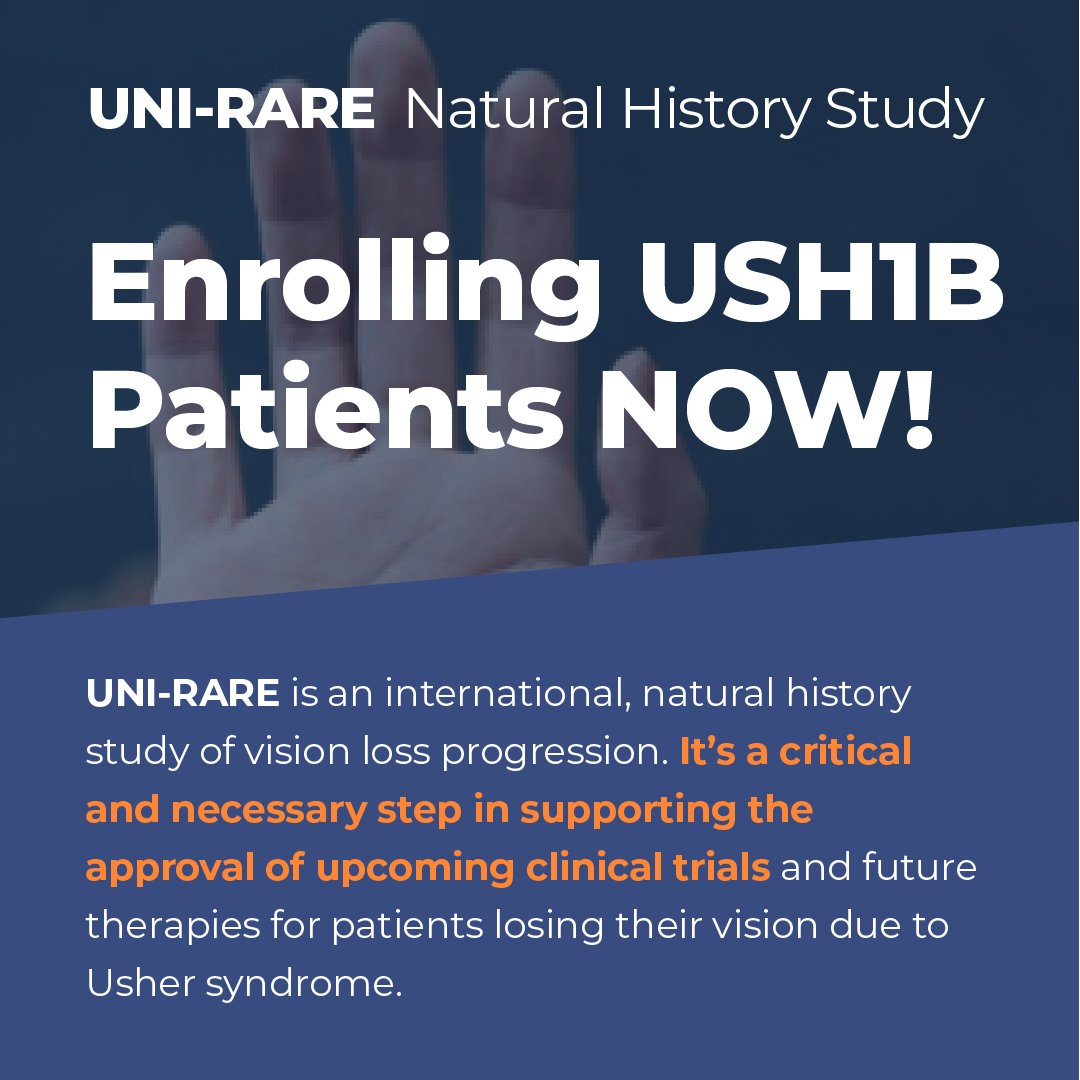
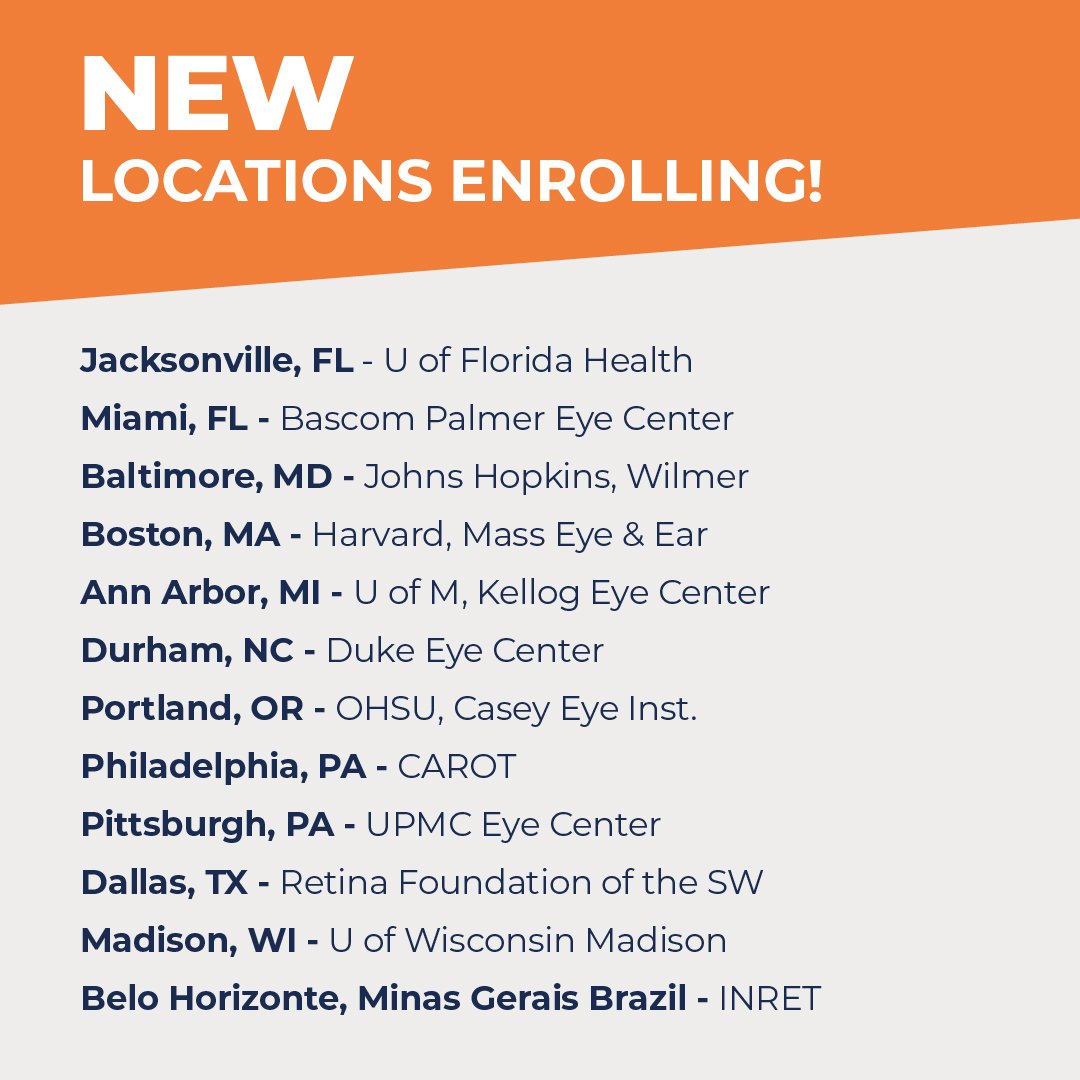
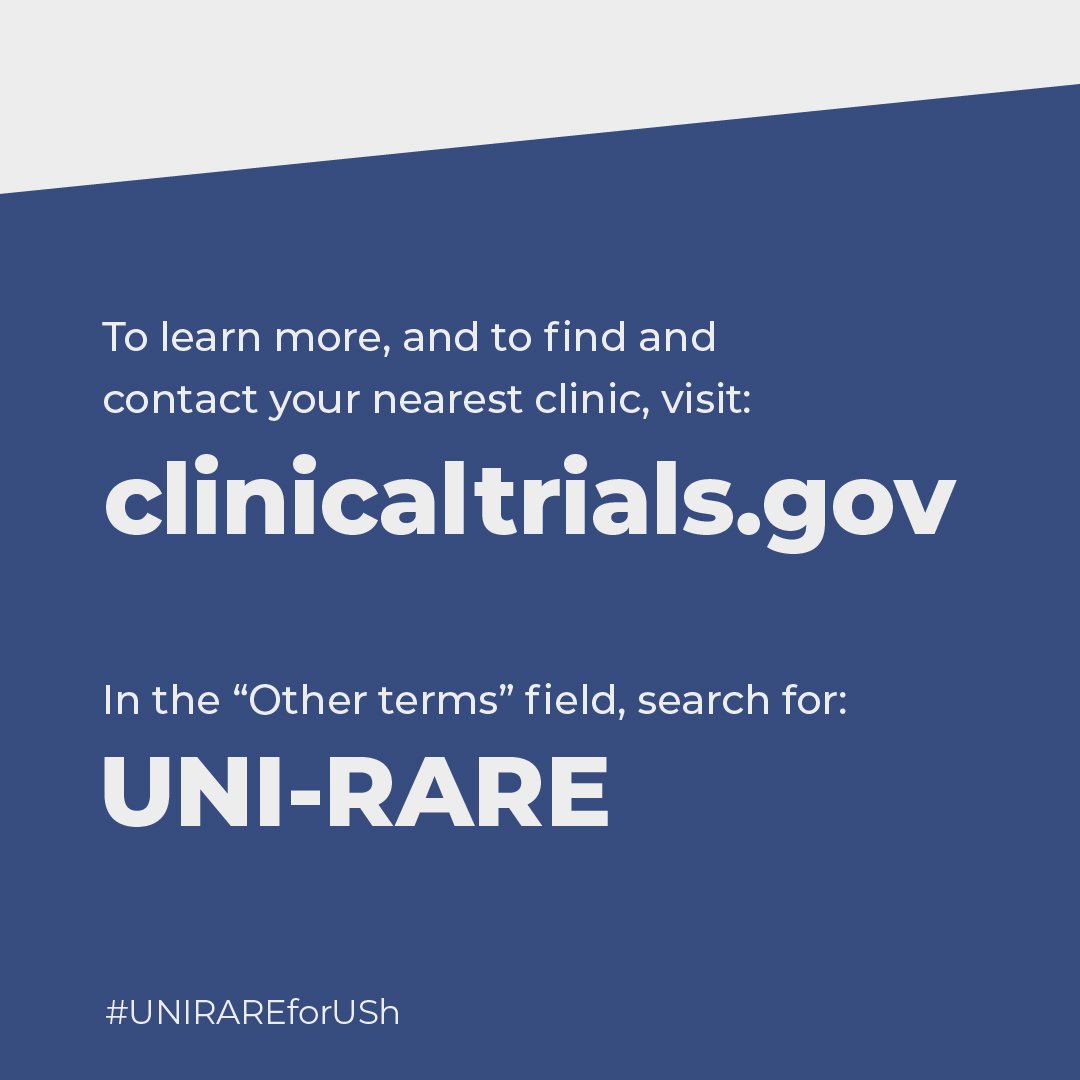
The unirare natural history study
Participating in Studies Leads to Treatments
We are helping to fund a vital natural history study (NHS), named UNI-RARE. This study - sponsored by the Foundation Fighting Blindness - focuses on understanding Inherited Retinal Diseases (IRDs) like Usher syndrome, and is currently open for enrollment, specifically recruiting individuals with Usher syndrome type 1B. If you, or anyone you know, is affected by USH1B, we highly encourage participation through your closest enrolling clinic. The insights gained from UNI-RARE are crucial for moving potential treatments into clinical trials and achieving FDA approval.
How does participating in this study advance treatment discovery and approval?
1. Defining Patient Outcomes for FDA Approval
Inherited Retinal Disease (IRD) studies are essential as they monitor how vision loss progresses and affects people over time. These studies enable both researchers and companies to establish critical patient outcomes for evaluating therapies in clinical trials. For instance, to confirm a treatment's effectiveness, the FDA requires measurable improvements, such as enhanced ability to read an eye chart, increased peripheral vision, or improved night vision. Establishing specific evaluation metrics is necessary for FDA approval of new treatments.
2. Identifying People for Clinical Trials
Enrolling in a natural history study plays a significant role in identifying candidates for upcoming clinical trials. Participation increases your chances of being selected for future trials because it showcases your commitment to research and provides essential baseline data for comparing the effectiveness of therapies. For rare conditions such as Usher syndrome type 1B, the pool of potential participants is inherently small, making widespread involvement essential. We (those with USH1B) must actively participate; there simply isn't anyone else to take our place. Did you know approximately 80% of clinical trials fail or are delayed due to insufficient participation and low enrollment rates, a challenge also true for natural history studies. Imagine a breakthrough Usher syndrome treatment that could prevent you, your child, or a loved-one from going blind never getting approved simply because not enough people participated in a study or a trial…
“With dozens of emerging treatments in, or moving toward, clinical trials, the Uni-Rare Study will be invaluable in defining and validating outcome measures for clinical trials...”
3. Informing The Design of Clinical Trials
Participating in a natural history study lays the foundation for designing effective clinical trials. By tracking the progression of a disease over time, these studies provide invaluable baseline data. This data helps in setting clear, measurable goals for clinical trials, ensuring therapies are accurately tested against defined benchmarks. Essentially, participation shapes the very trials that could lead to vision saving treatments.
4. Gaining Clinical Trial Investment
Clinical trials require significant financial backing, often relying on investments from biotech or pharmaceutical companies. The establishment of clear patient outcomes or clinical endpoints is crucial, as these serve as key metrics for companies to assess potential investments in treatments and trials; making them incredibly valuable for attracting investment from larger companies to cover trial costs.
Find Your Nearest Participating Location
There will be over 32 participating clinics in the UNI-RARE study, nationally and internationally. With new sites continuing to actively enroll people.
To learn more about which sites are enrolling and to contact these locations, click the button below:
US LOCATIONS
Jacksonville, FL - U of Florida Health
Miami, FL - Bascom Palmer Eye Center
Baltimore, MD - Johns Hopkins, Wilmer
Boston, MA - Harvard, Mass Eye & Ear
Ann Arbor, MI - U of M, Kellog Eye Center
Durham, NC - Duke Eye Center
Portland, OR - OHSU, Casey Eye Inst.
Philadelphia, PA - CAROT
Pittsburgh, PA - UPMC Eye Center
Dallas, TX - Retina Foundation of the SW
Madison, WI - U of Wisconsin Madison
Phoenix, AZ - Associated Retina Consultants
Little Rock, AR - Jones Eye Institute
La Jolla, CA - Univ. SD Jacobs Retina Center
Denver, CO - CO Retina Associates
Atlanta, GA - Emory Eye Center
Rochester, MN - Mayo Clinic
Houston, TX - Alkek Eye Center
Salt Lake City, UT - John Moran Eye Center
Milwaukee, WI - Wisconsin Eye Institute
San Francisco, CA - UCS
International Locations
Belo Horizonte, Minas Gerais Brazil - INRET
East Melbourne, Victoria, Australia - Centre for Eye Research
São Paulo, Brazil - Inst. de Genética Ocular
Edmonton, Alberta, Canada - U of Alberta
Toronto, Ontario Canada - Hospital for Sick Children
Helsinki, Finland - Helsinki University Hospital
Paris, France - CHNO des Quinze-Vingts
Jerusalem, Israel - Hadassah-Hebrew Univ, Med Center
Yucatan, Merida, Mexico - Retina Genomics Inst.
Nijmegen, Netherlands - Radbound Univ. Med Center
Basel-Stadt, Switzerland - University Hospital Basel
London, Inited Kingdom - Moorfields
FAQ
What’s the minimum enrollment age? 4-years-old.
How long does the study last? Four years, one visit annually.
How long is a single visit? About 4-5 hours.
Does it cost anything? The initial registry visit will be billed to your health insurance as a “standard care visit”. If you do not have health insurance, you will need to pay out-of-pocket. However, the four annual visits per year are paid for by the study (no cost to you or your health insurance).
Do I need health insurance? No, health insurance is not required.
Where can I find the nearest participating clinic? Visit: clinicaltrials.gov
If traveling from afar, will travel expenses be covered? Yes, costs associated with travel from afar will be covered.
What type of tests will they be performing during visits? All non-invasive tests, including: imaging, tests of retinal sensitivity and visual acuity.
Have Additional Questions?
We recommend speaking with your retinal specialist. You can also visit the UNIRARE study website HERE, and if you have specific questions about the study, you can contact the Study Coordinator: JAEB Center for Health Research - Phone Number: 813-975-8690, Email: ffb@jaeb.org
